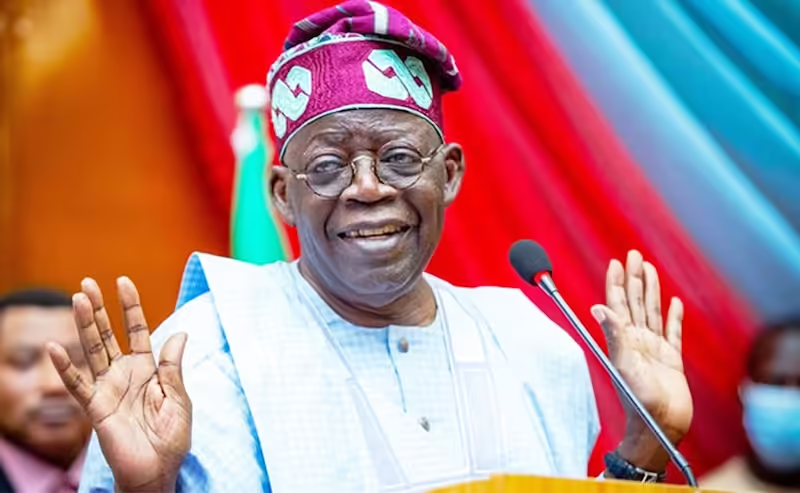LAGOS, Nigeria (CHATNEWSTV) — A Nigerian-themed book, Nigeria and Its Criminal Justice System, soared to the top of Amazon’s bestseller list in global politics on Thursday, following the arrest of its author, Dele Farotimi, on the orders of controversial lawyer and businessman Afe Babalola.
Farotimi’s book, which critiques corruption in Nigeria’s judiciary, gained sudden global prominence after his detention, with demand spiking on platforms like Amazon and in Nigerian bookstores. The surge propelled the July 2024 publication ahead of internationally acclaimed works such as Why Nations Fail.
Farotimi, a retired lawyer based in Lagos, directly accused Babalola of compromising the integrity of Nigeria’s Supreme Court in his book. “The Supreme Court was made to swim in the sewer of corruption and shameful self-abnegation,” Farotimi wrote, alleging that Babalola had used material and cash bribes to influence judicial outcomes.
The book had seen modest sales since its release but gained traction after armed police officers arrested Farotimi in Lagos on Tuesday and transported him to Ado Ekiti, about 300 kilometers northeast of Nigeria’s commercial capital. Babalola, 93, is a senior lawyer and prominent figure in Ekiti State, where he is the largest private employer.
Farotimi was arraigned on Wednesday morning and remanded in custody pending a bail hearing on December 10. According to the charge sheet, the book allegedly contained material “likely to cause fear and alarm to the public or disturb the public peace.”
The detention has ignited a storm of public outrage, with many Nigerians demanding Farotimi’s release. Critics accused Babalola of leveraging his influence to suppress dissent and maintain control over a judiciary often accused of systemic corruption.
Babalola, who has faced long-standing allegations of judicial manipulation, has denied wrongdoing, though retired Justice Dattijo Muhammad previously highlighted the corrosive influence of senior lawyers on Nigeria’s judiciary.
Farotimi’s supporters view his detention as a broader indictment of Nigeria’s judicial system.
By Gabriel Ani
 Donate
Donate



